Optimal Timing for Foundation Repairs
Foundation repairs are most effective when performed during periods of stable weather. Optimal conditions typically occur in moderate temperatures with minimal moisture fluctuations. Avoiding extreme cold, heat, or heavy rainfall helps ensure that repairs set properly and last longer.
These seasons offer mild weather conditions, reducing the risk of delays caused by temperature extremes or precipitation.
Cold winter months can hinder curing processes, while intense summer heat may cause soil to expand, complicating repairs.
Timing repairs when soil moisture levels are stable minimizes shifting and settling, enhancing repair durability.
Early planning allows for repairs during optimal weather windows, reducing the likelihood of weather-related setbacks.
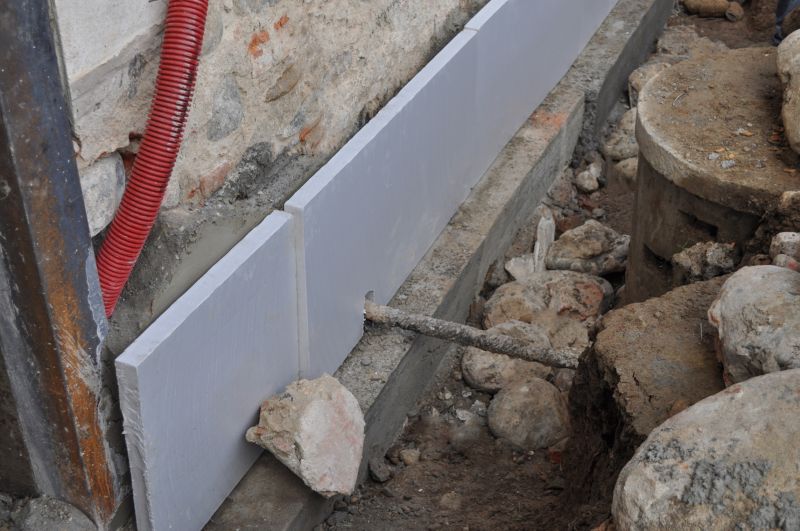
Spring offers ideal conditions for foundation stabilization projects.
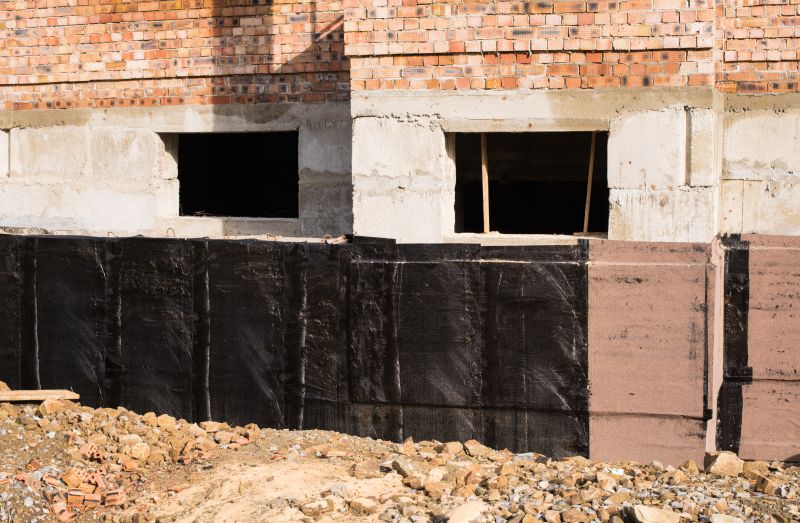
Summer repairs should be scheduled during cooler periods to avoid heat-related soil expansion.
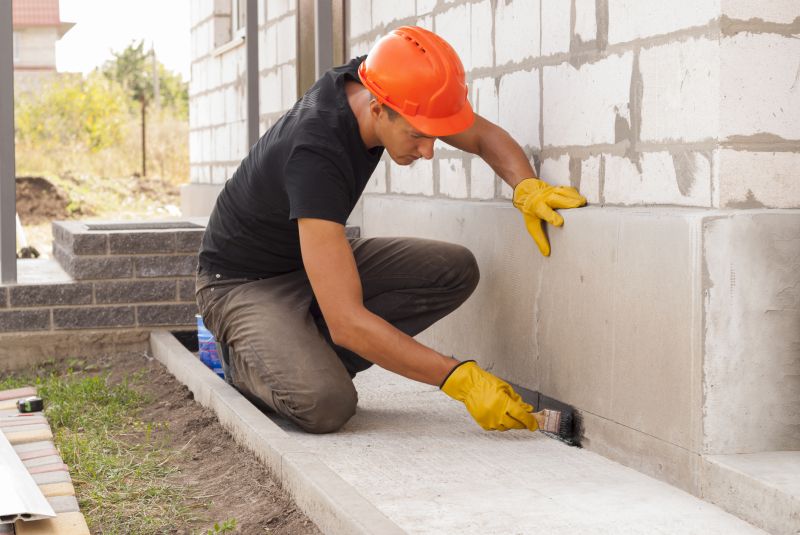
Fall provides moderate weather, making it suitable for foundation work.
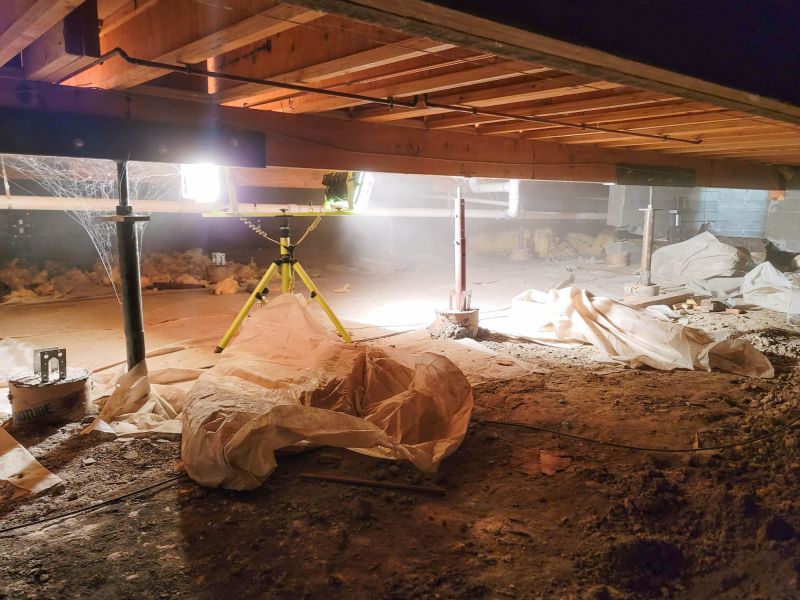
Ways to make Foundation Repairs work in tight or awkward layouts.
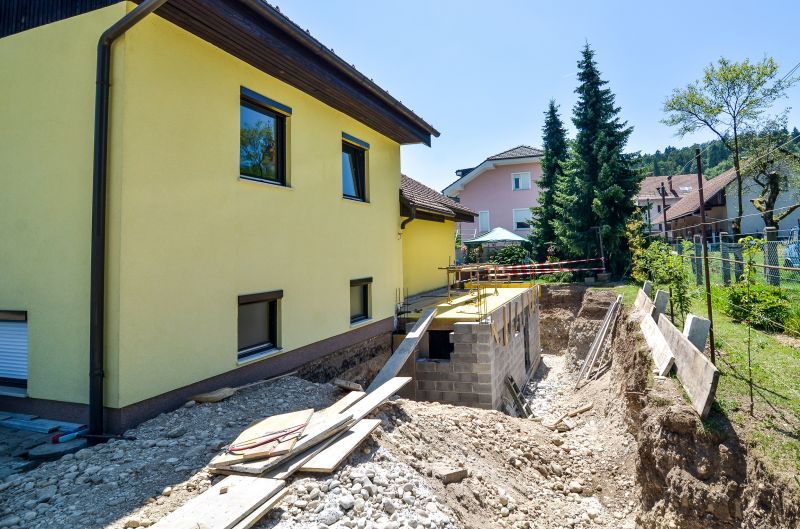
Popular materials for Foundation Repairs and why they hold up over time.
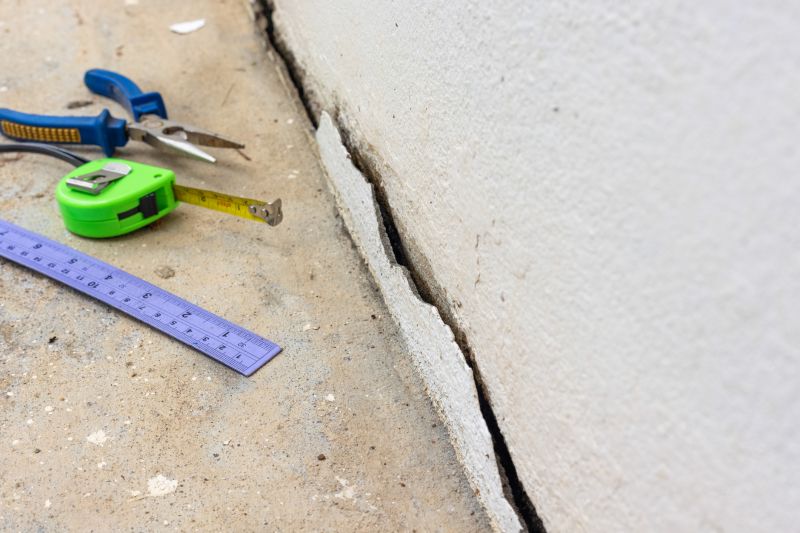
Simple add-ons that improve Foundation Repairs without blowing the budget.
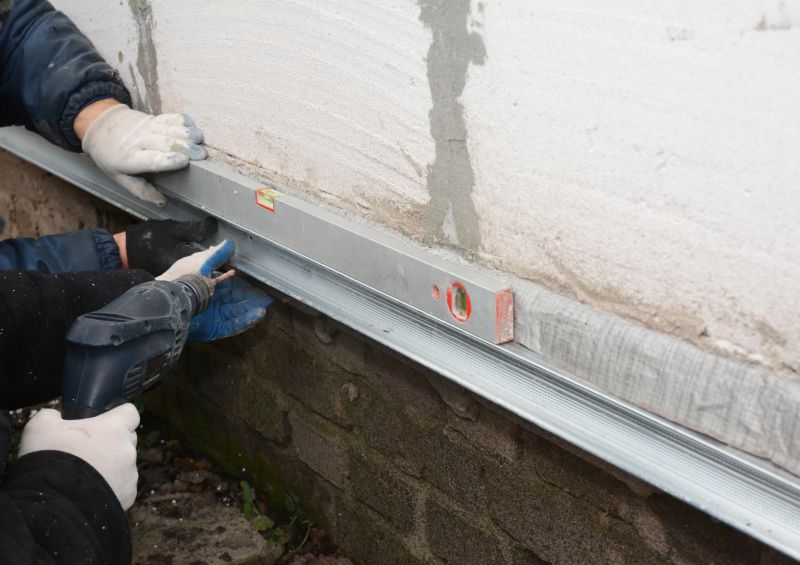
High-end options that actually feel worth it for Foundation Repairs.
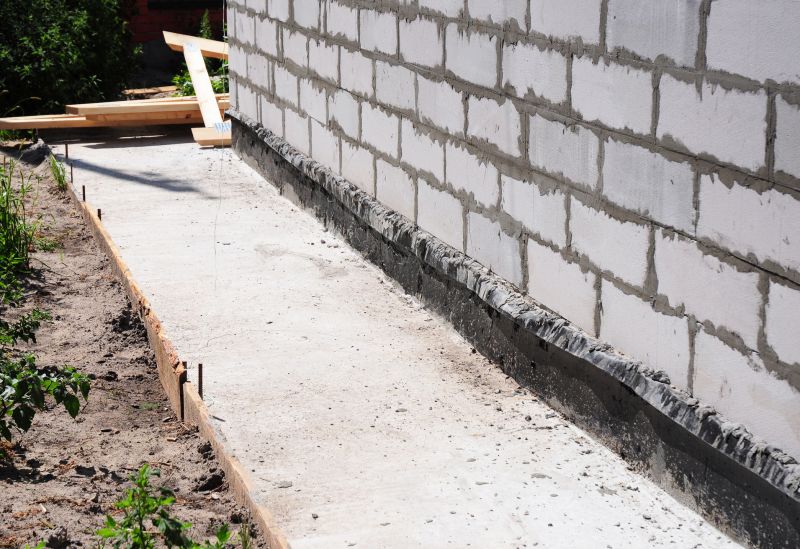
Finishes and colors that play nicely with Foundation Repairs.
| Season | Optimal Conditions |
|---|---|
| Spring | Moderate temperatures, stable soil moisture |
| Summer | Cooler periods preferred, avoid extreme heat |
| Fall | Mild weather with stable soil conditions |
| Winter | Generally not recommended due to cold temperatures |
| Late Fall | Potential for damp soil, less ideal |
Foundation repairs involve addressing issues such as cracks, settling, and shifting that can compromise the structural integrity of a building. These repairs are crucial for maintaining safety and preventing further damage. Proper timing ensures that the repair methods used are effective and long-lasting, reducing the need for future interventions.
Statistics indicate that foundation problems are among the most common causes of structural damage in residential buildings. Addressing these issues promptly can help preserve property value and ensure safety. Seasonal considerations play a significant role in the success of repair projects, influencing the choice of techniques and materials used.
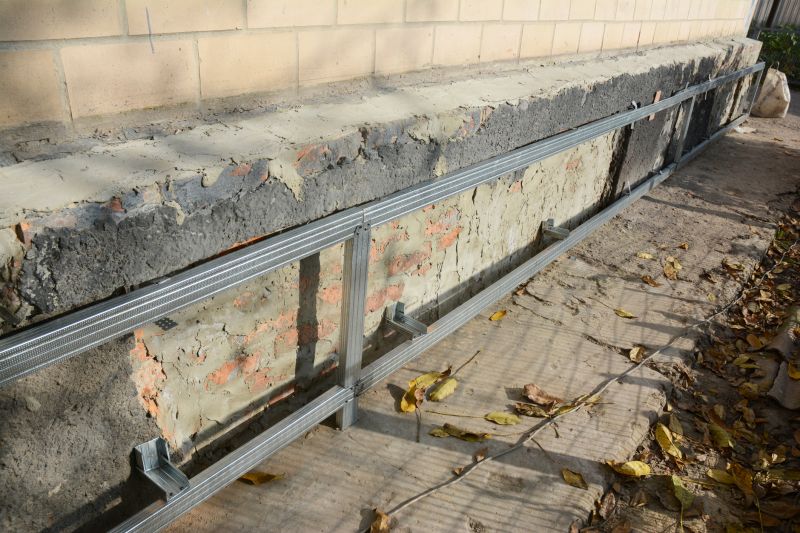
Effective repairs involve soil stabilization, underpinning, and crack sealing.
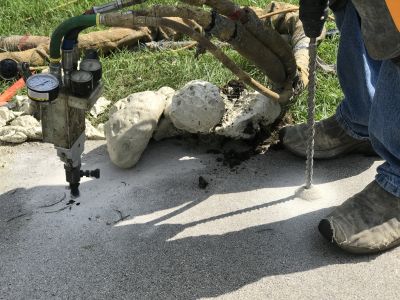
Heavy equipment, hydraulic jacks, and epoxy injections are common tools.
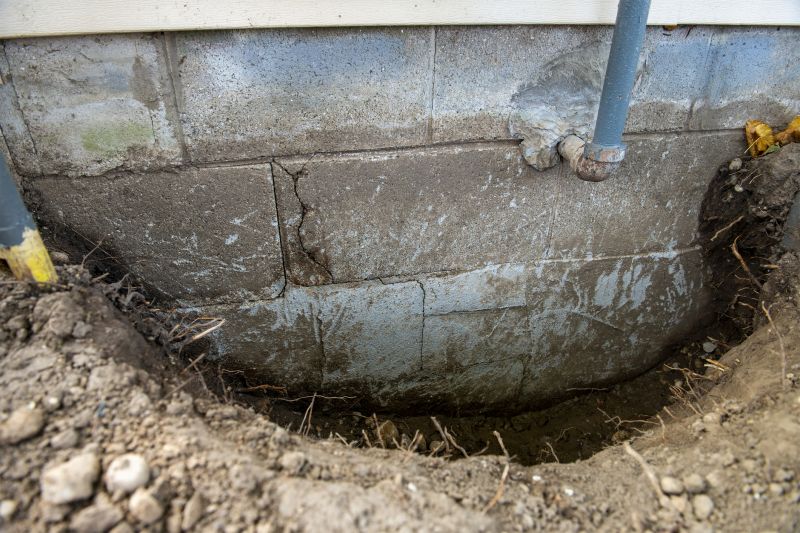
Visual evidence of structural improvements after repairs.
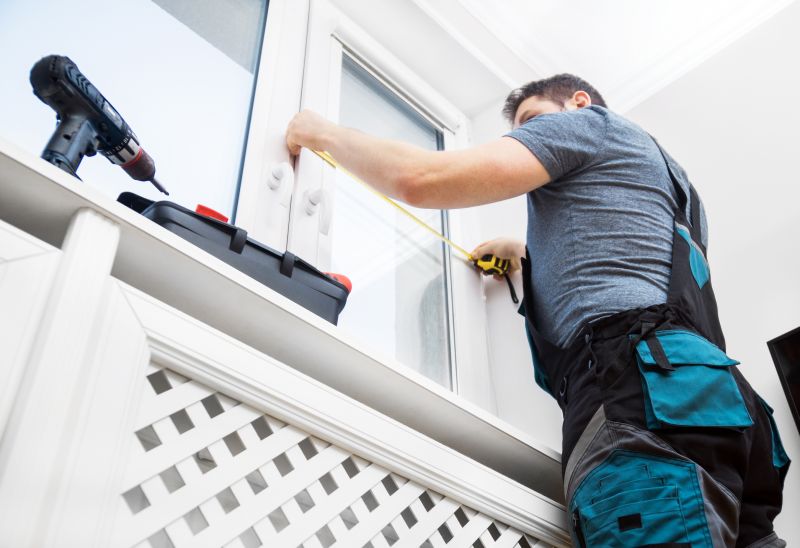
Little measurements that prevent headaches on Foundation Repairs day.
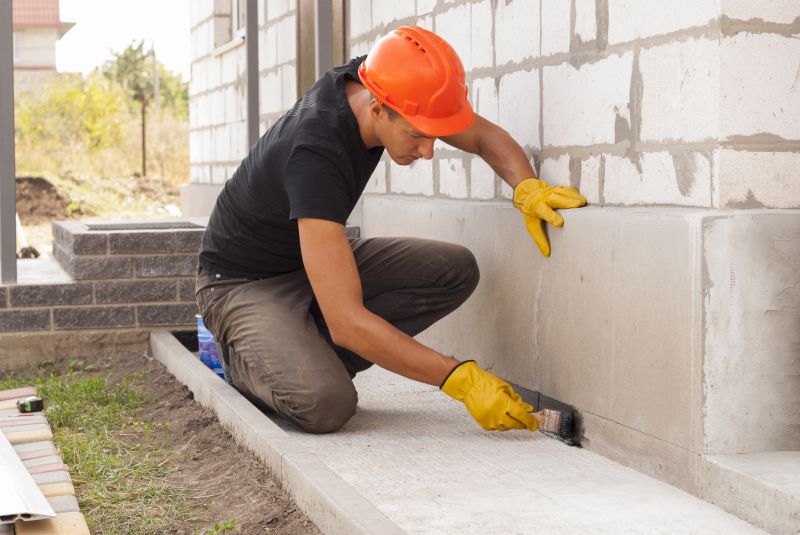
A 60-second routine that keeps Foundation Repairs looking new.
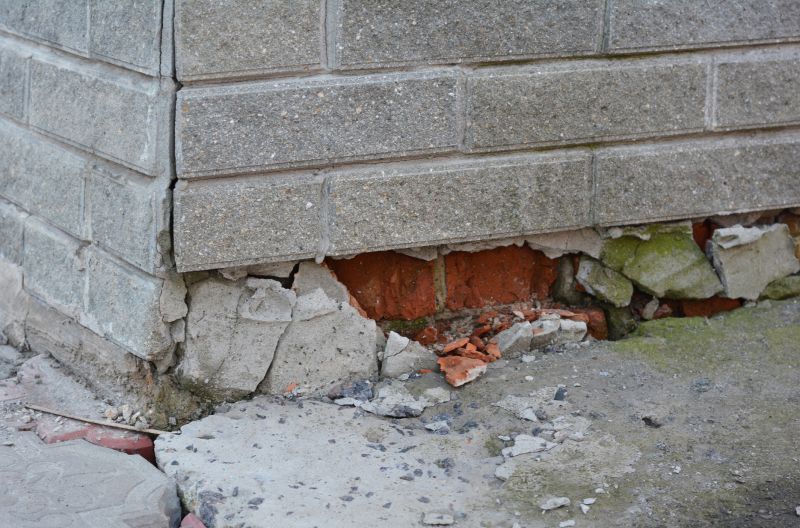
A frequent mistake in Foundation Repairs and how to dodge it.
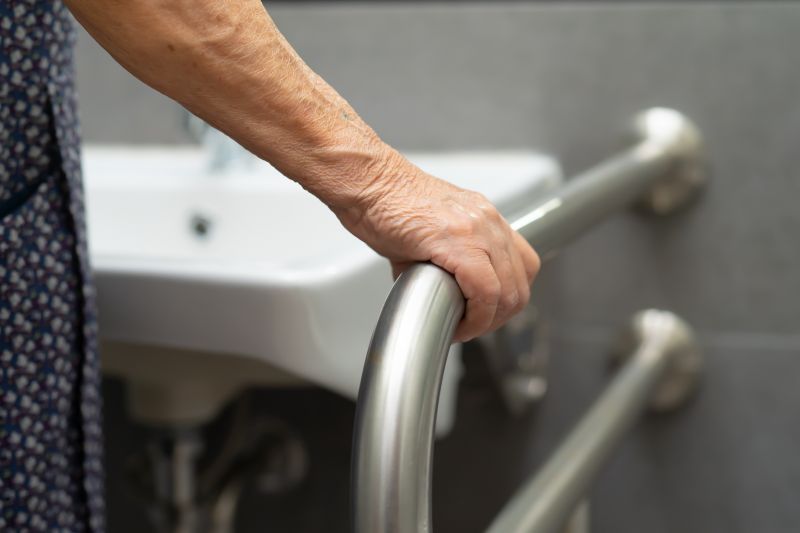
Small tweaks to make Foundation Repairs safer and easier to use.
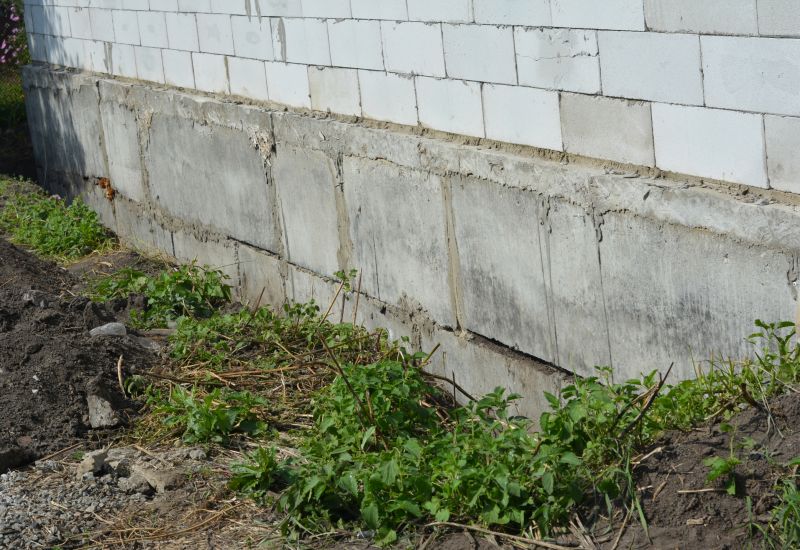
Lower-waste or water-saving choices for Foundation Repairs.
Interested property owners are encouraged to contact for further information or to schedule an assessment. Proper timing and professional expertise are key to ensuring the longevity of foundation repairs and maintaining the stability of the structure.


